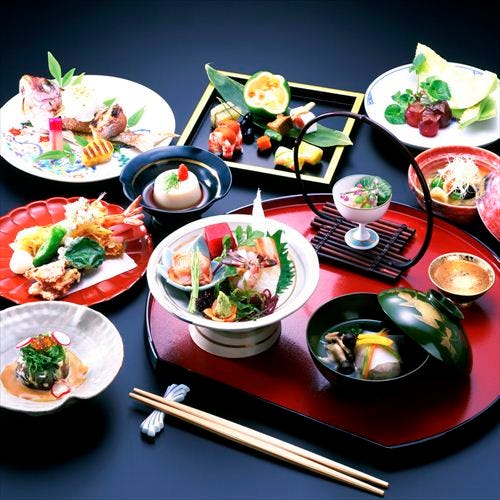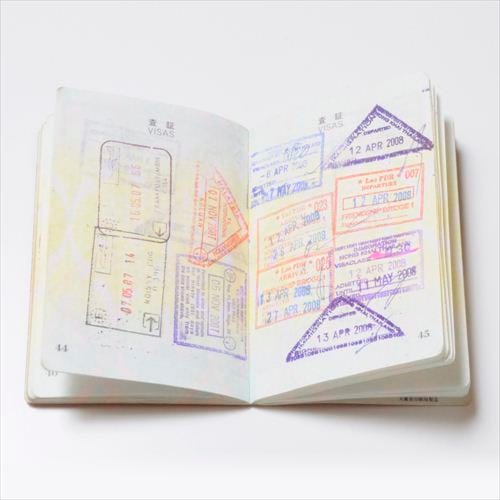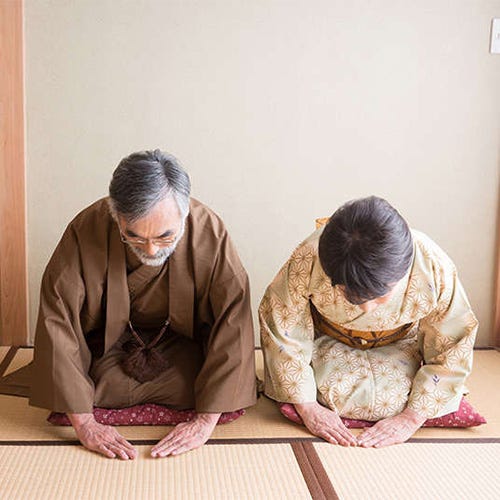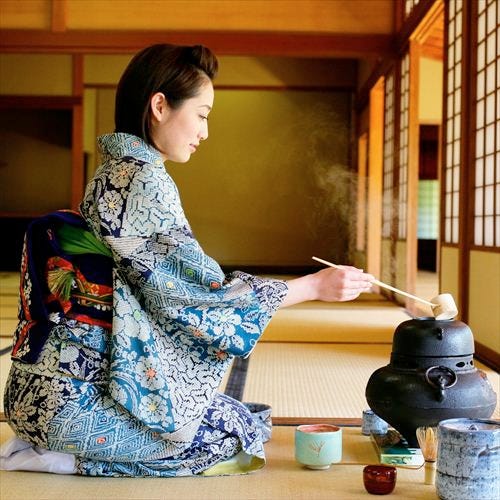
These days, foreigners with exceptional Japanese language ability are everywhere in Japan! With Japanese as one of the most arduous languages to learn, it’s an impressive sight to see!
To uncover the secret behind their skill, we interviewed three foreigners residing in Japan whose language level was off the chart. “How did you study?” “What makes Japanese so hard?” Some of their answers will surely surprise you! If you’re currently studying or about to embark on a language journey, put down the kanji app and read this article first!
(The following responses are the personal opinions of the respondents.)
What Got You Interested in Japan?

What exactly about Japan is so interesting to warrant learning the language? Let’s find out what motivated foreigners to spend their precious hours hitting the books!
“I actually got interested in Japan through my wife, who I met in Australia. Afterwards, we went on a holiday to Japan, and I immediately fell in love with the vast history and gorgeous nature.” - Australian male
“When I was a kid I loved anime and manga. When I became an adult I started to get more interested in bushido, Buddhism, shinto, tea ceremonies, and that sort of thing.” - Italian female
“I became interested in Japan as my mother used to have a Japanese penpal. Ever since I was little, she would always tell me about Japanese culture. My interest grew, and I decided I wanted to visit Japan.” - English female
In order to reinvigorate the ‘Cool Japan’ initiative, the Japanese government surveyed foreigners passionate about Japan in 2018 to discover what sparked their interest. Unsurprisingly, more than 50% of those from Europe and Asia answered ‘anime, manga, and games.’
In addition, many also answered that their passion was born from ‘Japanese cuisine.’
Indeed, along with being absolutely delicious, traditional Japanese food is healthy and has a good reputation. Those who have relished Japanese cuisine at home often journey to Japan to discover the real thing on its home turf.
How Did You Study Japanese?

Japanese is notorious for its hefty vocabulary and high degree of difficulty, making it a challenge to master. So how did our interviewees become so good?
“While I used Skype and other online tutoring services, in the end I mainly ended up just studying by myself.” - Australian male
“I chose to do a Japanese course at university. I read heaps of Japanese and practiced copying kanji until I could remember it all. In particular, watching DVDs of TV shows and listening to CDs was a big help (time spent waiting for the bus and train was most productive!)” - Italian female
“I learnt Japanese at a language school. We used a textbook called ‘Dekiru Nihongo.’” - English female
It seems everyone has their own unique way of learning. Lots of other people we interviewed told us they absorbed the language naturally while watching anime, reading manga, or playing games, along with making and chatting with Japanese friends. Some also tried to connect the kanji they were learning with pictures of their meanings, but this method is quite rare these days.
Those who spoke English found it a little easier as Japanese people often include bits and pieces of English in everyday conversations. Words like ‘internet,’ ‘table,’ and ‘romantic’ have entered the Japanese vernacular, making it easy for English speakers to pick up.
What Part of Japanese is Difficult?

“In the past I also studied Chinese, however, I found Japanese to be much more difficult. The Japanese kanji characters have numerous different readings, and the grammatical particles are easy to mix up.” - Australian male
“The most difficult aspect is finding the correct word to use in each situation. In Japanese, words and even grammar can change depending upon the scene. Formal situations need polite words, and so on. Memorizing all the kanji is also difficult! I managed to eventually succeed by constantly writing down the characters until I could do it without looking.” - Italian female
“Japanese grammar is the most difficult aspect. There are loads of grammar patterns that don’t exist in English, making it difficult to create fluent sentences. Of course, kanji is also a pain. Reading isn’t so hard, but writing is a whole nother thing. In language school, there are tests to change hiragana (a simpler Japanese writing system) into kanji, which I always dread.” - English female
One of the most confusing elements of learning Japanese is keigo - polite Japanese. While all languages have polite forms, Japan is particularly stringent when it comes to hierarchy, making it necessary to use specific phrases when speaking to superiors. That’s why many Japanese courses begin with keigo and its role in Japanese society, making it a daunting language right from the get-go.
The Australian we interviewed also touched on ‘grammatical particles,’ such as ga and wa. These in particular have very nuanced meanings, taking a lot of practice to fully grasp. It’s not uncommon for Japanese people to mess them up too, so don’t feel too bad!
On the other hand, Japanese doesn’t have gendered nouns like a number of European languages, making it a little easier for English speakers to understand.
What Other Languages Can You Speak?
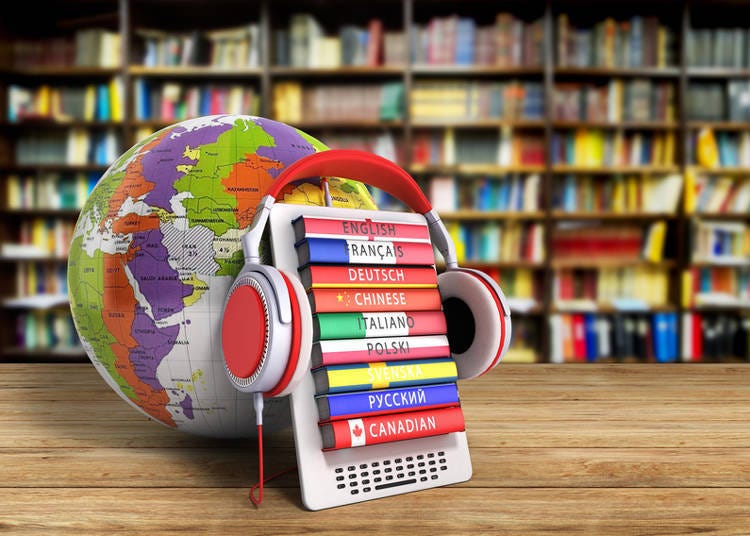
“In addition to Japanese, I can also speak Chinese. I’m also interested in learning the Czech language. Both of my parents are from the Czech Republic and we often spoke Czech when I was little. However, I don’t remember a thing now, so I’d like to relearn it when I get time.” - Australian male
“My native language is Italian, and I’ve also studied Chinese and German. I can’t really write or speak it, but I know the grammar and can understand the meanings if I read it in a book.” - Italian female
“When I was a student I learnt German, Spanish, and French.” - English female
For many, learning an extra language is not a big deal. While some have a natural love of study, others simply live in places where multiple languages are spoken around them every day. Countries in Europe, for example, are boarded by all kinds of languages, necessitating the use of multi-language facilities and restaurant menus.
In addition, those in member states of the European Union are free to travel between countries as they wish, giving them the opportunity to speak and hear a huge range of languages.
Even in Japan, English, Korean, and Chinese signage is increasing, giving Japanese people the chance to enjoy other languages too.
Discover a new language to love!
According to a report analyzing the state of Japanese language education overseas, there were 3,846,773 million Japanese language students in 2018. That’s an increase of 191,749 from 2015!
For those of us picking it up later in our lives, a second language can be a real struggle! Japanese, despite numerous hurdles, can too be mastered by slowly chipping away at new grammar points or kanji characters every day. Soon, you’ll be rewarded with impressive results and discover a whole new side to the culture you love.
Written by:

Related Articles
*Prices and options mentioned are subject to change.
*Unless stated otherwise, all prices include tax.
Limited time offer: 10% discount coupons available now!
Recommended places for you
-
Goods

Yoshida Gennojo-Roho Kyoto Buddhist Altars
Gift Shops
Nijo Castle, Kyoto Imperial Palace
-

Zuiganji Temple
Temples
Sendai And Matsushima
-

Jukuseiniku-to Namamottsuarera Nikubaru Italian Nikutaria Sannomiya
Izakaya
Kobe, Sannomiya, Kitano
-
Menu

ISHIDAYA Hanare
Yakiniku
Kobe, Sannomiya, Kitano
-
Appealing

Rukku and Uohei
Izakaya
Sapporo / Chitose
-

Kamesushi Sohonten
Sushi
Umeda, Osaka Station, Kitashinchi
-
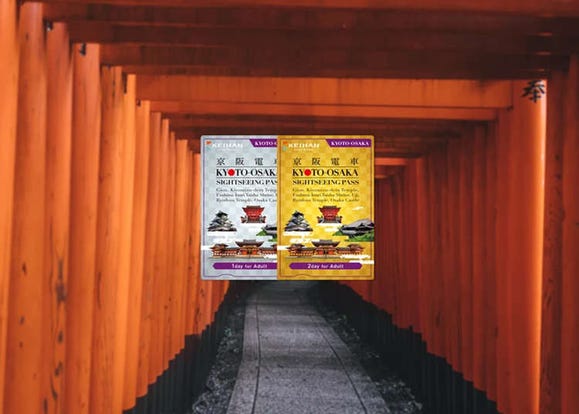
Everything You Need To Know About the Kyoto-Osaka Sightseeing Pass
-

Step Into the Story: Inside Immersive Fort Tokyo
-

12 Unique & Fun Tokyo Food Tours to Enjoy in 2024
-

15 Must-Try Sushi Restaurants in Tokyo (+5 Trending Areas to Explore for Foodies)
-

The Complete Guide to the Kintetsu Rail Pass
-
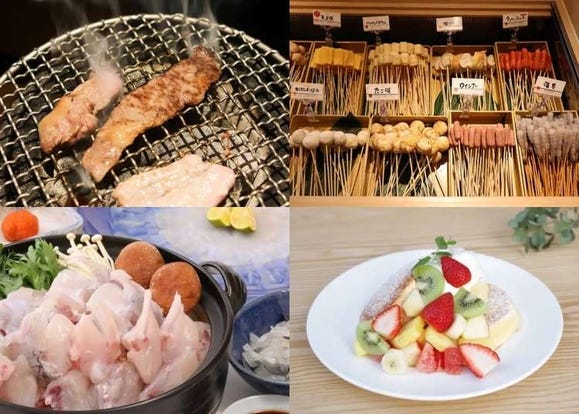
15 Must-Try Restaurants in Ikebukuro: From Aged Yakiniku to All-You-Can-Eat Sushi, Plus Adorable Animal Cafés
-

5 Authentic Japanese Rice Recipes That’ll Make Your Cooking Healthier, More Incredible!
-

Top 5 Things to Do in Hokkaido's Biei and Furano Area: Shirogane Blue Pond, Lavender Fields, And More!
-

Where to Stay in Noboribetsu: 6 Ryokan Hotels in Hokkaido's Spa Wonderland
-

Oga Aquarium GAO Guide: Fish, Polar Bears and...Godzilla?
-

Tokyo's Free Sightseeing Buses - Explore the City, the Comfortable Way!
-

Osaka Amazing Pass: How to Maximize Savings on Train Tickets & Attractions
- #best sushi japan
- #what to do in odaiba
- #what to bring to japan
- #new years in tokyo
- #best ramen japan
- #what to buy in ameyoko
- #japanese nail trends
- #things to do japan
- #onsen tattoo friendly tokyo
- #daiso
- #best coffee japan
- #best japanese soft drinks
- #best yakiniku japan
- #japanese fashion culture
- #japanese convenience store snacks
